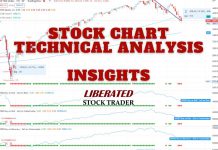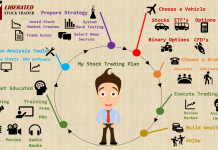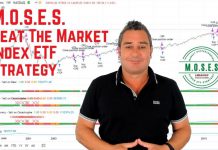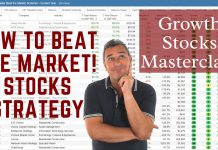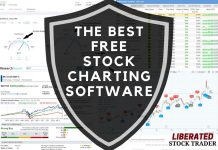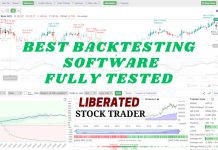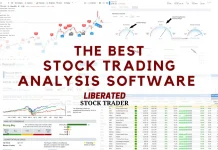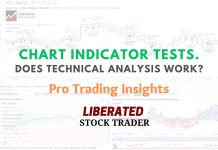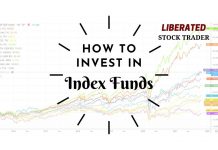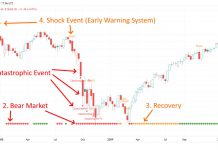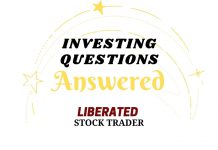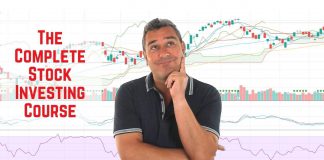Futures markets are a type of financial market in which participants buy and sell contracts representing an underlying asset, such as a commodity, currency, or index.
Trading futures markets is a complex process that can be rewarding if done correctly.
However, many struggle to succeed in this arena because they do not understand how these markets work. To succeed, learning the ins and outs of trading futures contracts and developing a strategy that fits your unique goals is important.
This article will introduce you to the basics of trading futures markets, including what these markets are, how they work, and some key strategies that can help you succeed. By the end of this article, you should better understand how to trade futures contracts and be on your way to becoming a successful trader.
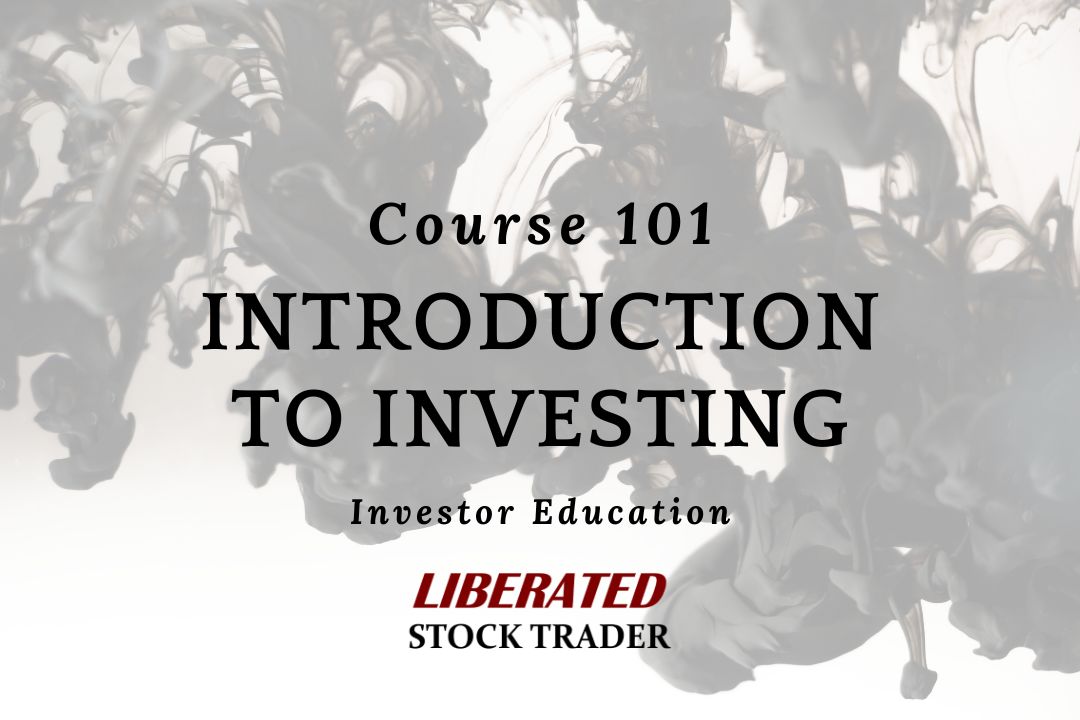
What Are Futures Markets?
Futures markets are a type of financial market in which participants buy and sell contracts representing an underlying asset, such as a commodity, currency, or index. These contracts are standardized in quantity, quality, and delivery date. The most popular futures markets include commodities like oil and gold, currencies like the US dollar and Japanese yen, and stock indexes like the S&P 500.
Futures markets allow traders to speculate on the future price of an underlying asset. For example, a trader might believe that the price of gold will rise next month, so they buy a gold futures contract. If the price of gold rises as expected, the trader will make a profit. However, if the price of gold falls, the trader will incur a loss.
How Do Futures Markets Work?
Futures markets are relatively complex financial markets operating under several rules and regulations. To trade futures contracts, you must first open an account with a broker that offers access to these markets. Once you have an account, you can begin buying and selling contracts.
TradingView offers trading in 30 different futures and commodity contracts.
When you buy a futures contract, you essentially agree to purchase the underlying asset at a set price on a future date. For example, if you buy a gold futures contract, you agree to purchase gold at a set price on a specific date. The market conditions determine the contract’s price at the time of purchase.
The delivery date is when the underlying asset will be delivered to the contract buyer.
It is important to note that you are not obligated to take delivery of the underlying asset when you buy a futures contract. Many traders never take delivery of the asset but rather close out their position before the delivery date. This is done by selling the contract back to the market.
Types of Futures Contracts
There are two main futures contracts: spot contracts and forward contracts. Spot contracts are traded for immediate delivery, while forward contracts are traded for delivery at a later date.
Spot contracts
Spot contracts are the most commonly traded type of futures contract. These contracts are typically used to hedge against short-term price fluctuations in the underlying asset. For example, if you are a farmer and need to sell your crop in the next few months, you might purchase a wheat futures contract. This would protect you from a decrease in the price of wheat between now and the delivery time.
Forward contracts
Forward contracts are less commonly traded than spot contracts, but they can still be used to hedge against price fluctuations. These contracts are typically used to hedge against long-term price changes, such as those that might occur over a year. For example, if you are a manufacturer and need raw materials in six months, you might purchase a forward contract. This would protect you from an increase in the price of raw materials between now and the delivery time.
Futures markets also offer several types of contracts that allow traders to speculate on the future price of an underlying asset. These contracts include:
Commodity futures
Commodity futures contracts are used to speculate on the future price of a commodity, such as oil or gold.
Currency futures
Currency futures contracts are used to speculate on the future price of a currency, such as the US dollar or Japanese yen.
Stock index futures
Stock index futures contracts are used to speculate on the future price of a stock index, such as the S&P 500.
Benefits and Risks of Futures Trading
Futures markets offer several benefits to traders, including the ability to hedge against price fluctuations and speculate on an underlying asset’s future price. However, these markets also come with several risks.
Before you begin trading futures contracts, it is important to understand these risks and how they might affect your trading strategy. Some of the risks associated with futures trading include:
Volatility
Futures markets are subject to sudden and large price changes, which can result in losses for traders unprepared for such moves.
Leverage
Futures contracts are often traded with leverage, which means that a small move in the underlying asset’s price can result in a large loss (or gain) for the trader.
Margin calls
When the value of a trader’s account falls below a certain level, the broker may issue a margin call. This requires the trader to deposit additional funds into their account or close their position.
Delivery risk
For traders who take delivery of the underlying asset, there is always the risk that the asset will not be delivered as agreed. This could result in a loss for the trader.
Commodities Futures Trading Commission (CFTC): The CFTC is a US government agency regulating futures markets. It is important to familiarize yourself with the rules and regulations set forth by the CFTC before trading any futures contract.
Now that you know the basics of futures trading, you can start exploring the different types of contracts available in the market. Remember, however, that all investing carries risk, and you should never invest more than you can afford to lose.
The Futures Markets Podcast
PODCAST – Futures Markets, Who, What, and Why to be Careful.
Is the Futures Market something for you? Do you need to secure future prices today? Find out more.
Related Articles:
Beat The Market, Avoid Crashes & Lower Your Risks
Nobody wants to see their hard-earned money disappear in a stock market crash.
Over the past century, the US stock market has had 6 major crashes that have caused investors to lose trillions of dollars.
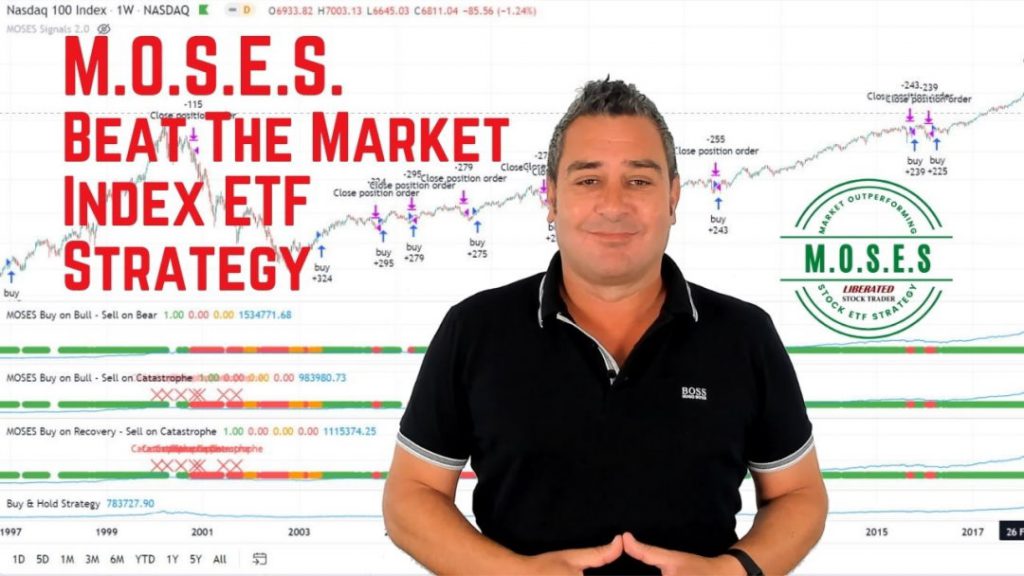
The MOSES Index ETF Investing Strategy will help you minimize the impact of major stock market crashes. MOSES will alert you before the next crash happens so you can protect your portfolio. You will also know when the bear market is over and the new rally begins so you can start investing again.
MOSES Helps You Secure & Grow Your Biggest Investments
★ 3 Index ETF Strategies ★
★ Outperforms the NASDAQ 100, S&P500 & Russell 3000 ★
★ Beats the DAX, CAC40 & EURO STOXX Indices ★
★ Buy & Sell Signals Generated ★
MOSES Helps You Sleep Better At Night Knowing You Are Prepared For Future Disasters


